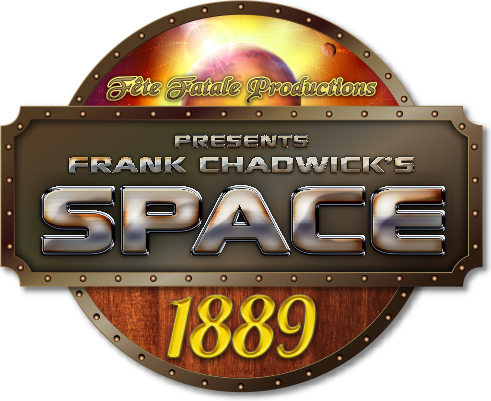Character Generation Process

Character Generation Process |
|
Shifting SandsPlayer Guide |
In keeping with the scene-focused system we will be using for Shifting Sands, the character generation process will be aimed towards creating characters that players are excited about developing, with strong motivations, great possibilities for dramatic relationships, and who fit well in the overall network of characters and factions. When you are thinking about possible character concepts, ask yourself questions like: Why am I interested in this character? What do I want to explore about it? Do they have potential for a developing story arc? How will they change over time? What will they add to the game? What is supposed to be fun about this character (i.e. Gail's Law)? Will I enjoy playing it for several years? What kinds of connections and relationships do I see them having? What kinds of factions might they be part of? We are not looking for characters who are loners or who have no motivations; they suck energy out of the game instead of feeding it, and our story must be a collective effort. We are looking for characters that bring energy and have reasons to engage with other characters. Here are some common archetypes that suggest themselves; of course the relationships and motivations you build with any of these will be key. There are a multitude of other possibilities as well, so be creative! Example Character Archetypes
So you have an idea; where do we go from here? General process:
The GoalEverything on the character sheet and in the background should help inform the roleplaying. Some of the items we ask about are different ways at getting at the core of what we want to know: Who this person is, what motivates them, and why they are the way they are. While we do have some numbers involved, we are most interested in motivations and emotional connections, not detailed stats and exhaustive lists of skills. We don't really care about how many flying High Martians they can pick off on the wing at 100 paces; we do care about knowing why they want to kill the buggers. Meta QuestionsAs we discuss the character with the player and explore how they see the game unfolding, the GMs will want to know the answers to the following questions: What does the player want out of game? What types of plots are you interested in? What kinds of relationships are you drawn to? What are you looking forward to going into game? What does the player not want to experience? What types of plots or relationships do you want to stay away from? What are your concerns going into game? Are there any other players you have been talking to about forming connections with? Anything else you think the GMs need to know about your character or your expectations for this game? Thank you for your interest and enthusiasm! |